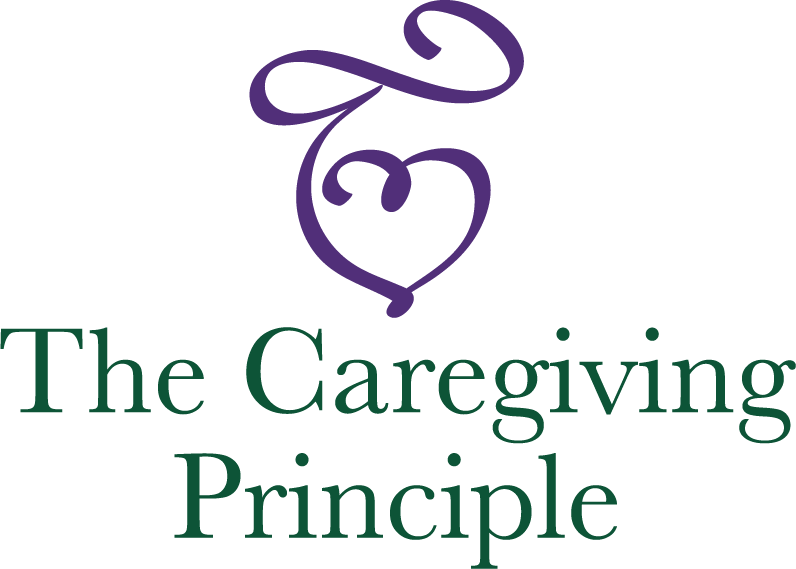
The Caregiving Principle®
Needs of the Person – Needs Filled by the Person = Needs to Be Filled by the Caregiver(s)
I developed the 10-year projection sheet when my mother moved to Delaware. It provides an idea of the financial situation of their loved one. The spreadsheet calculates their savings each year using their current savings, income, expenses, and debts. I assumed my mother’s facility expenses would increase 3 percent annually based on the three-year average Social Security cost-of-living adjustment. I estimated that her care level (and cost) would increase every two to three years due to deterioration from the illness. These assumptions can be changed in the spreadsheet if you are familiar with Microsoft Excel. This projection was updated with actuals and helped us predict when she would run out of money.
A medication list keeps track of your loved one’s medications and dosage. This list can help you manage ordering medication to avoid running out. It is important to revise this list regularly, especially after a hospitalization. A medication list is needed for most medical visits.
The expense tracking form allows caregivers to keep track of money they spend on behalf of their loved one. This information may be needed for taxes, qualifying for Medicaid, or for reimbursement from the loved one’s account.
"Dr. Bredesen’s research has found that Alzheimer’s results from an imbalance in the brain’s neuroplasticity signaling, the ability of neural networks in the brain to change through growth and reorganization. As we age and are exposed to multiple toxic assaults over time, the damaging forces overtake repair forces, resulting in the downsizing of the brain’s ability and subsequent cognitive decline. The goal is to change your biochemistry to provide optimal conditions for your brain to thrive. This is accomplished by identifying and addressing all the contributors (or potential contributors) to cognitive decline while at the same time optimizing your overall health to keep your brain healthy."
Dementia is a devastating disease that damages or destroys nerve cells in the brain. Persons with dementia experience a decline in memory, judgment, and cognitive skills, and eventually will be unable to care for themselves.1 Obstructive sleep apnea (OSA) is a breathing disorder that causes persons to stop breathing during sleep, thereby reducing oxygen levels to the brain. OSA has been linked to dementia.2 Research shows that 80-90% of obstructive sleep apnea (OSA) cases are undiagnosed.3 Patients with memory issues should be screened for OSA and OSA should be ruled out before a dementia diagnosis is made. Google "Mallampati Index Classification" to see pictorial.